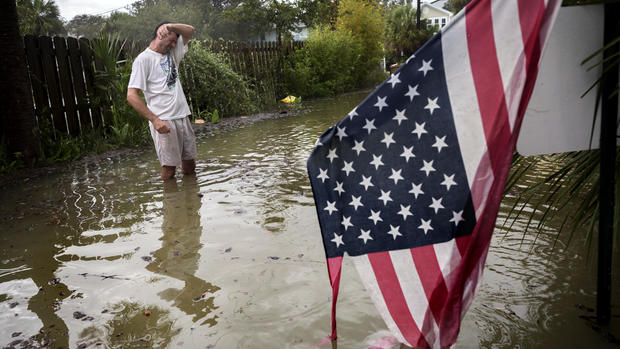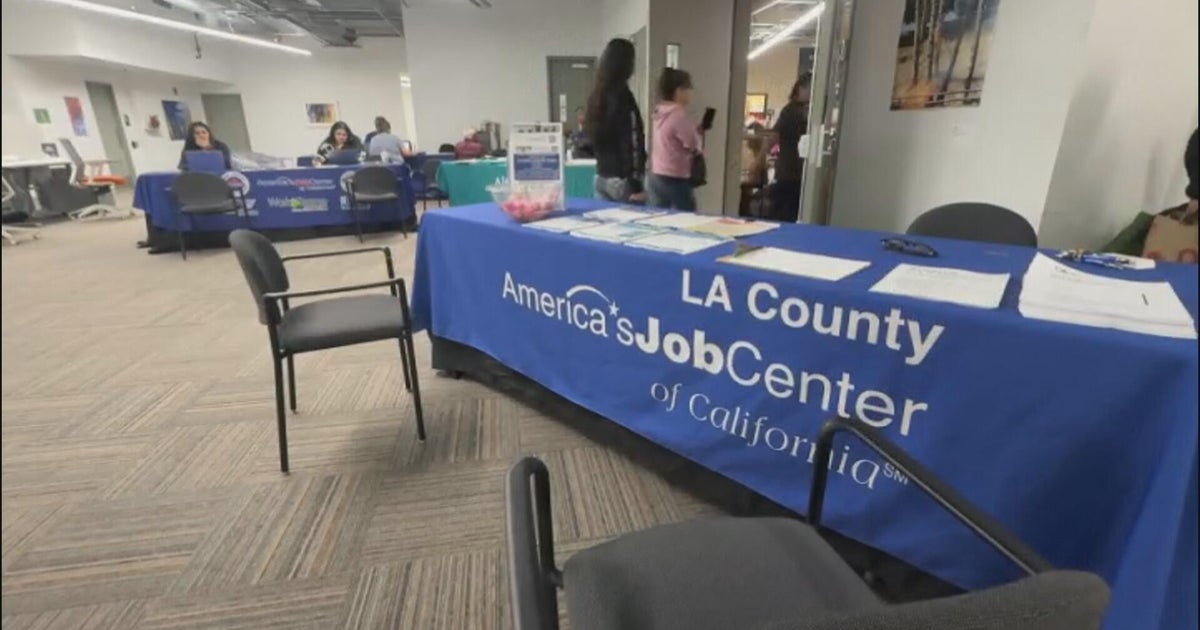Another hurricane season casualty: Jobs
WASHINGTON - Hurricane Harvey has put tens of thousands of Americans out of work.
The number of people seeking U.S. unemployment benefits soared last week by the most in nearly five years, driven by the storm's impact on Texas and Louisiana. The Labor Department said Thursday that weekly applications for jobless aid jumped 62,000 to a seasonally adjusted 298,000, reaching the highest level in two years.
Applications soared by more than 51,000 in Texas, a five-fold increase, and ticked up 258 in Louisiana.
The one-week jump in jobless claims was the biggest since November 2012 in the wake of Superstorm Sandy, according to PNC Financial Services Group.
The storms of summer may not be done denting the country's labor market.
"There is also the possibility of additional job losses tied to Hurricane Irma, which may hit Florida over the next few days," said Gus Faucher, chief economist with PNC, in a note.
Americans who have lost jobs through no fault of their own can seek unemployment aid. Natural disasters can frequently cause spikes.
Catastrophe modeling firm AIR Worldwide estimates that property damage alone from flooding in Texas will reach $65 billion to $75 billion. The overall economic hit to the region is likely to be much higher, projections show.
Jim O'Sullivan, chief U.S. economist with High Frequency Economics, expects the number of Americans applying for unemployment benefits to remain elevated for several weeks. He also thinks overall job growth will temporarily slow, as occurred after Hurricane Katrina in 2005.
Excluding the impact of the storm, labor data suggest the job market remains healthy. Applications are a proxy for layoffs, and have hovered at historically low levels for two years.




